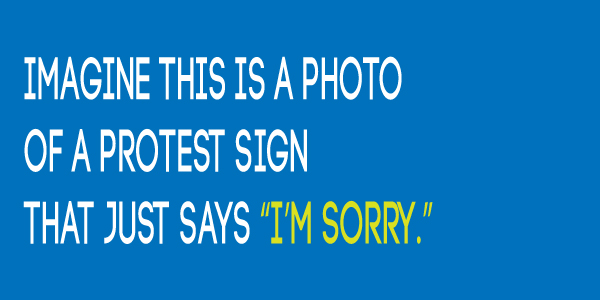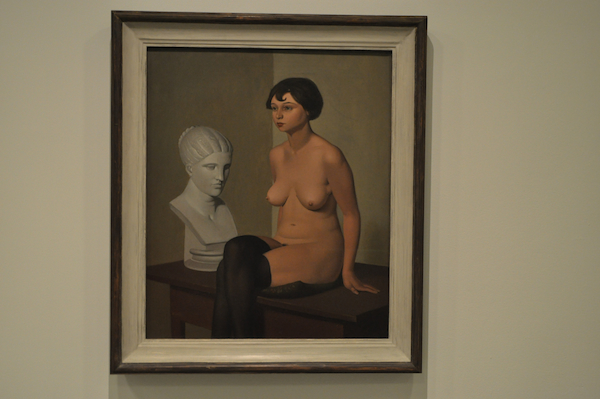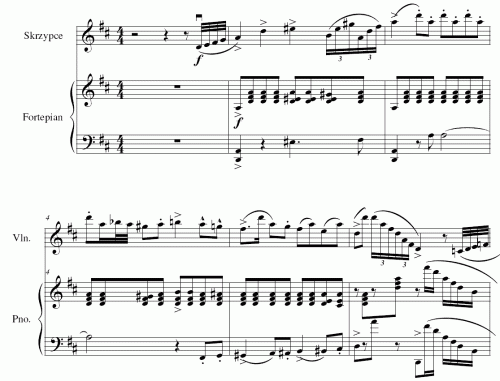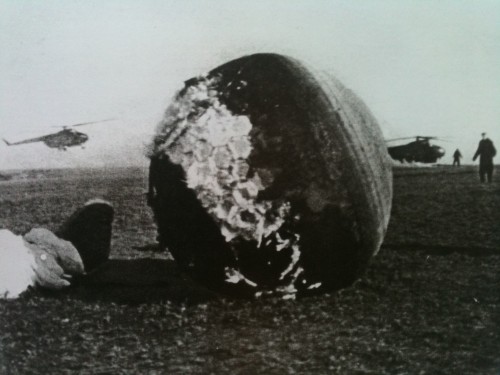“‘You should only read what is truly good or what is frankly bad.’ – Gertrude Stein” — Hemingway
Writing is a matter of taste, criticism a manner of penetration.
Starting With No
My creative writing pedagogy story starts in the Introduction to Poetry writing workshop I took as a nontraditional student at Florida International University. I signed up for the course because I was convinced that I was the baddest poet that had ever lived. I’d won both of the poetry slams I’d entered. I could rhyme like no one else. I prided myself on being able to write complete sentences where every word rhymed and still made sense. In the first class session, the professor told us that poems don’t have to rhyme and that most contemporary poetry didn’t rhyme at all. She even went so far to say that a good portion of bad poetry written by amateur poets today rhymed. She said rhyming is easy, rhyming well is hard. I was shattered. She hadn’t yet read any of my work, but I took her words personally. Everything I thought I knew about poetry and my ability to write it was destroyed.
Now when I teach my own intro to poetry writing workshops, I am aware of the extra inhabitants in the room—the students’ misconceptions. These misconceptions keep students from attempting to write poetry when they don’t believe they can make a poem do what they believe poetry is required to do. These misconceptions keep them from reading poetry because if they already believe they know what poetry is (and they don’t necessarily like it), why should they read anymore of it? That’s why I feel that my first job as a creative writing instructor is to overcome their false impressions.
The Powerlessness of Bad Writing
 At The Indypendent, in a fairly comprehensive overview of the very amazing and exciting protests happening on Wall Street and the issues behind the protests, there is this crucial paragraph:
At The Indypendent, in a fairly comprehensive overview of the very amazing and exciting protests happening on Wall Street and the issues behind the protests, there is this crucial paragraph:
Our system is broken at every level. More than 25 million Americans are unemployed. More than 50 million live without health insurance. And perhaps 100 million Americans are mired in poverty, using realistic measures. Yet the fat cats continue to get tax breaks and reap billions while politicians compete to turn the austerity screws on all of us.
This is the beef, right? I agree with it with all my heart and pump my fist a little, even though it is striving to say nothing. I’m disappointed that it is ruined by ghetto-ized rhetoric like “fat cats” and meaningless statements like “Our system is broken at every level.” Even the statistics shared are paltry (and made more so by “perhaps”). Granted, this is The Indypendent, so the preaching here is directed to the choir — I grant that, but actually it’s my point. Why? Why does every group have their own vernacular that they use to deafen their opponents?
The comment box is open for non-shitty articles about #WallStreet?
And it’s worth 15 minutes to watch this timeless discussion. Foucault is a tool. I’m in love with Chomsky, who at around 5:00, does a much better job characterizing our demise.
Silence & Communication

A month or so ago, I was asked to write a response to the work of John Cage. And then, 21 other authors and I stood in a big circle around a crowd and read our responses. I thought I’d share mine with you.
3 OBSERVATIONS ON SILENCE (FEATURING HARPO MARX)
1
Imagine a long line of people, and a very important person—possibly with his wife, possibly with his security, possibly he is a she. The very important person is walking down the long line of people shaking hand after hand. Three quarters of the way down this line of people, the very important person comes upon a man in an overcoat and top hat. When the very important person sticks out his or her hand, the man in the overcoat and top hat does not in return stick out his own hand, but instead lifts his leg and deposits it in the hand of the very important person. READ MORE >
Teaching Writing One Skill at a Time
The first principle of a creative writing class should be: you cannot teach everything in one semester, yet the workshop teaching method is based on the mistaken idea that you can.
Much of the research into how people learn suggests that we improve fastest when we can focus on one skill at a time, like a violinist working on one piece of a solo over and over. Students learn quickest when they are offered challenges suitable for their skill level, receive feedback on their performance, and then repeat the task, incorporating the teacher’s advice. These challenges should be both very specific and easily repeatable, like having a golfing coach adjust your stance after every swing. It is harder to improve only by playing many rounds of golf, because the feedback is too varied, too enormous.
wwword
The flash writer is a disciple of the poet. The poet a disciple of the word. How to say much with few. How to have a word echo, bloom, unlock or unhinge, shudder or pop, show or embrace itself as thing, expand or fall into something off the page, become or allow a potential to become, something much larger than itself.
In Damien Dressick’s “Four Hard Facts about Water,” the words are steak sauce. The turn, to get us to the bitterness, the banality/absurdity of death, to the god/godlessness of the event, the thing, the disbelief. Steak sauce.
In “Dulce et Decorum Est” the word is flung. A body flung, and we are in 1914-1918, the human mind/technology meets the human mind/our perpetual desire to kill one another. Enter flame throwers/gas/machine guns/tanks/all of the etc. of technology. Degree of killing. Attrition as strategy. Everything upside down. Flung.
In Raymond Carver’s “Little Things,” the word is flowerpot.
In “Survivors” by Kim Addonizio, the word is parrot.
In Dave Eggers’s “Bounty,” the words are curved chips. Curved chips get us off the page, into the philosophical, curved chips off that last line, off God. Yes.
Jolly Ranchers in “The Last Stop” by Jenny Halper. Sometimes one object can characterize and exposition, can show, can let us inside.
It may be useful to seek the word in all poems, all flash fictions, as an exercise of the writerly mind. And then of course to ask your own self (the editor one)—where are my words, the ones that if omitted, would leave such a hole as to let all the air out, as to have the entire text collapse on itself like a pierced balloon? It is one way of looking, the word.
The Workshop and Measurability

I want to start from the premise that a student can learn innumerable things from taking a creative writing course. Accepting this premise seems to me the only way to get anything done when we talk about pedagogy—otherwise we aren’t discussing pedagogy, but philosophy. I’m most interested in how we can decide what’s teachable out of the huge amount of learning material available in creative writing, and how we can hold ourselves accountable for having taught it afterward.
Taking the most common structure of the creative writing course as a guide, it seems that most teachers have decided on a few central skills that are “worth learning” about creative writing: reading, discussion of reading, writing, and discussion of writing. And the learning we intend our students to get out of practicing these skills is as clear-cut as in the study of any academic field: Reading is important for gaining information and expanding awareness about the field. Discussing reading is important for coming to a more critical and independent understanding of the field. Writing is important for communicating with others in the field. Discussing writing is important for learning to analyze and evaluate writing, with the goal of communicating more effectively in the field. There are of course many other potential purposes for teaching these things, and it’s hard to argue against the learning value of any of them—but I would argue that as teachers, we need to be much more attentive to these purposes, and much more vigilant about providing the rationales that tie them to the study of creative writing as a whole. There’s no inherent rationale, for instance, that reading has to be a part of learning writing—not until you decide what happens during reading that enhances the skill of writing, and how you can structure a class to provide the practice in and measure the acquisition of that skill.
READ MORE >
On Using Hybrid Texts to Lead the Creative Writing Classroom: Some Notes Toward a Pedagogy
The poet doesn’t invent. He listens. ~ Jean Cocteau
Words are everything else in the world. ~ Wallace Stevens
In the Creative Writing classroom, I don’t teach so much as I lead. Discussions. Close-readings. Deep-readings. Free-writings. Whatever it is, I keep minds attuned to construction rather than destruction. Destruction is better left to the literature classroom, where it has its purpose, surely. We don’t read to answer what or who but rather why and how. We read widely, and we imitate shamelessly; we invent, therefore, with an existing form as backbone before we learn to invent forms of our own. We string words on the page like Christmas lights across the roof; we have purpose and design in mind, but mainly, we just want shit to glow brightly. The goal: limit the variables, at least at first. As we learn to construct within the preconceived frames, we increase the variables beyond simple imitation, and the possibilities to invent then grow considerably. We understand, ultimately, that poetry can exist in many physical shapes, and we strive to keep the language malleable within whatever shape it takes.






